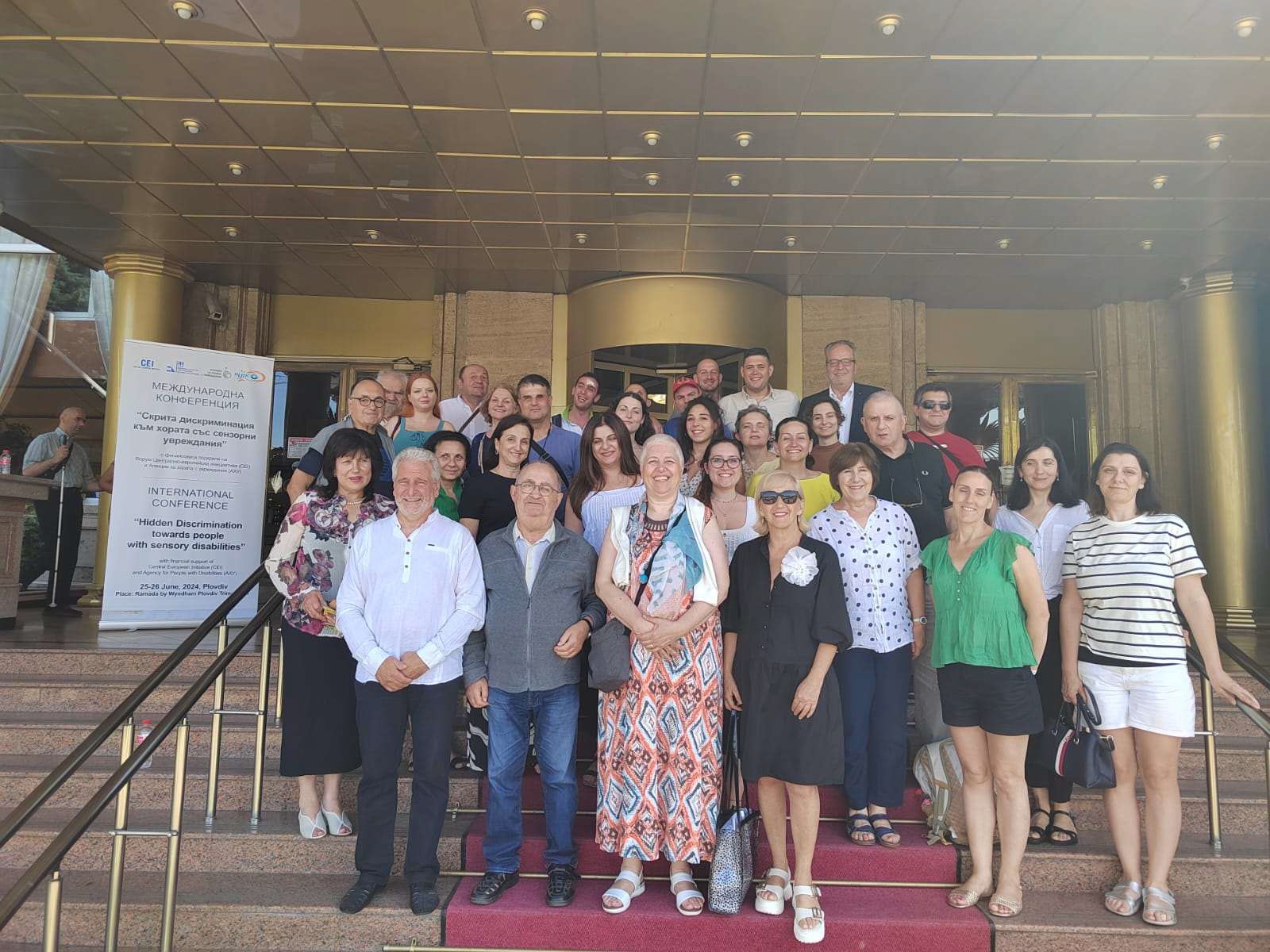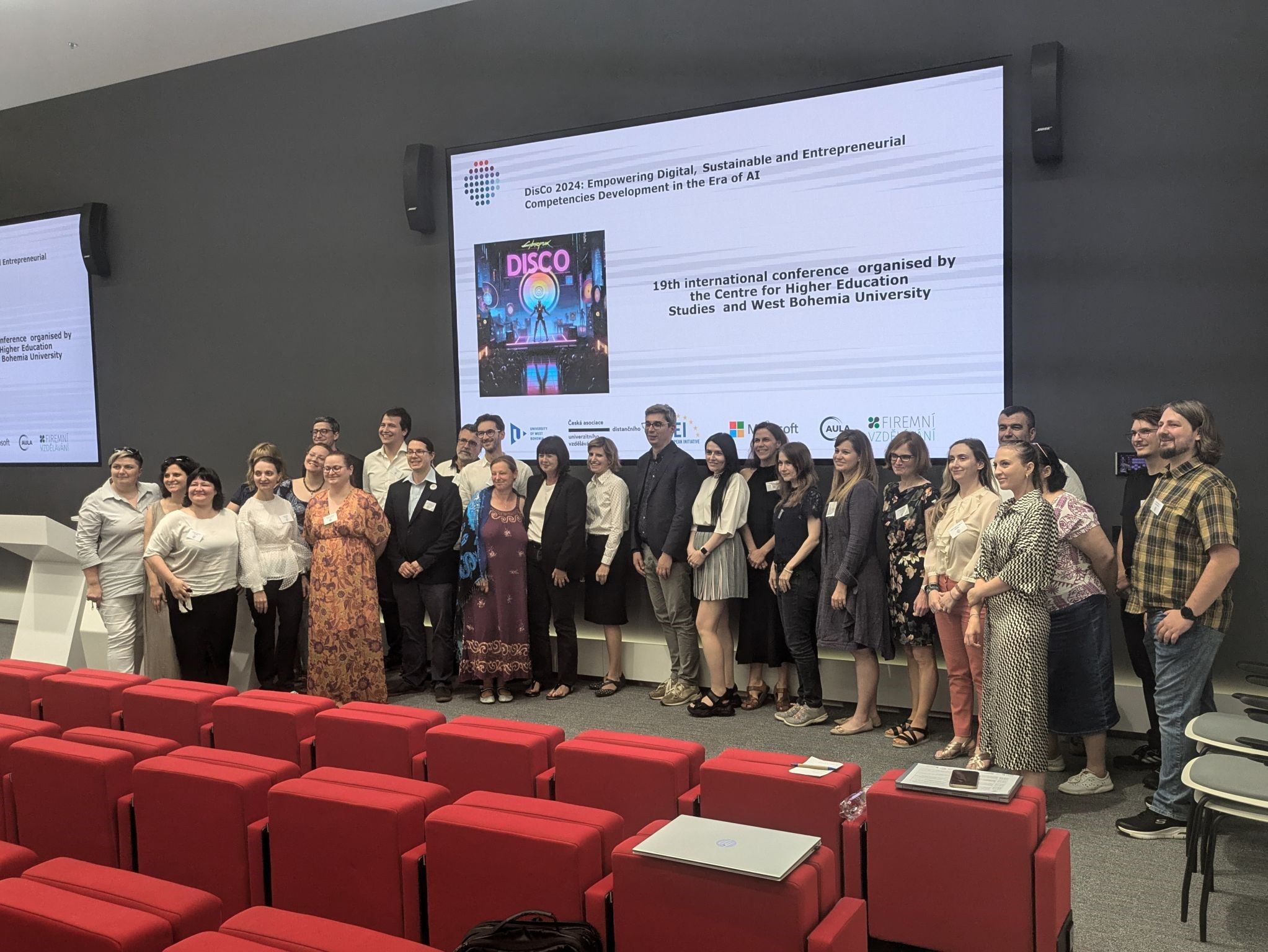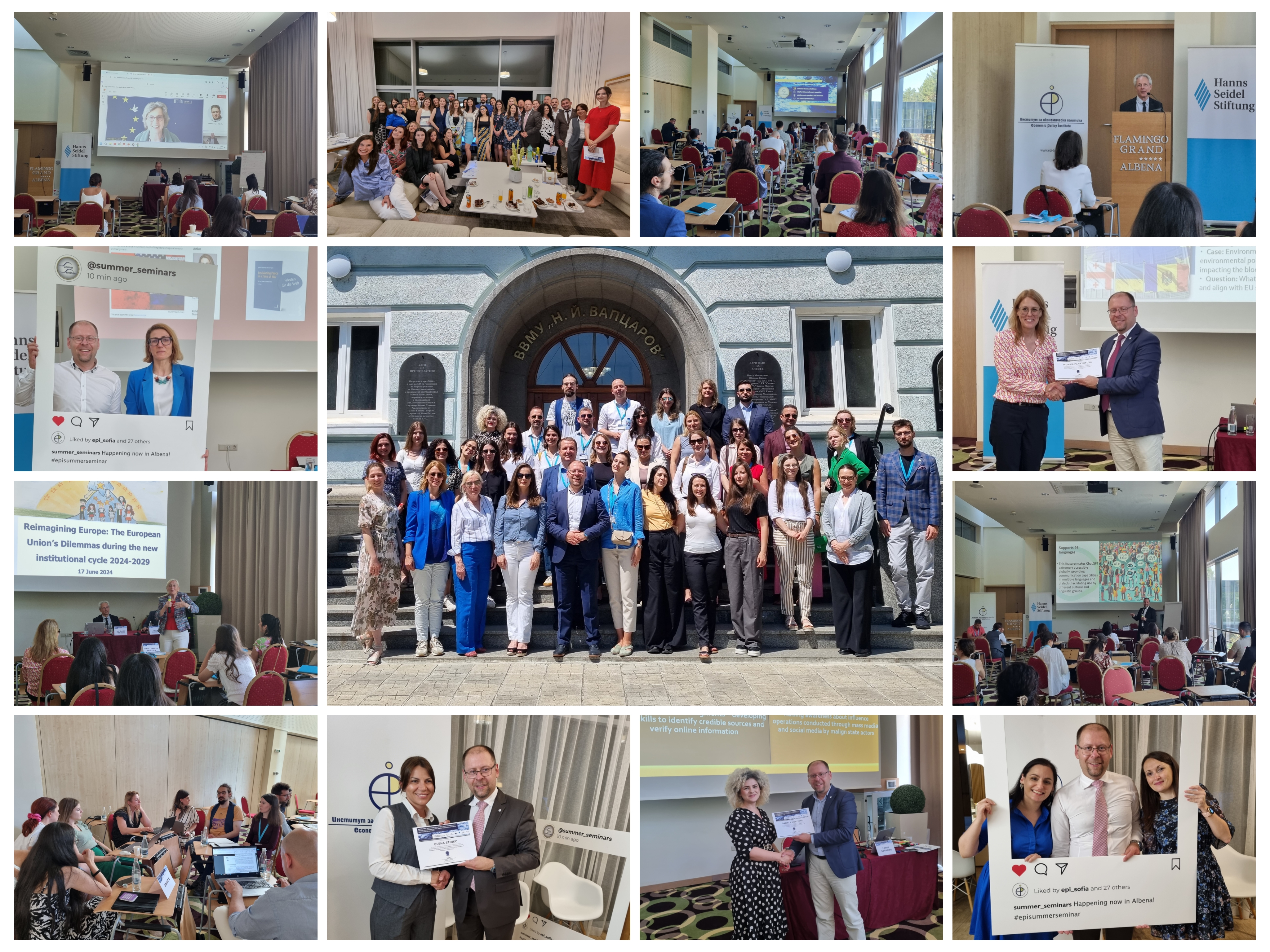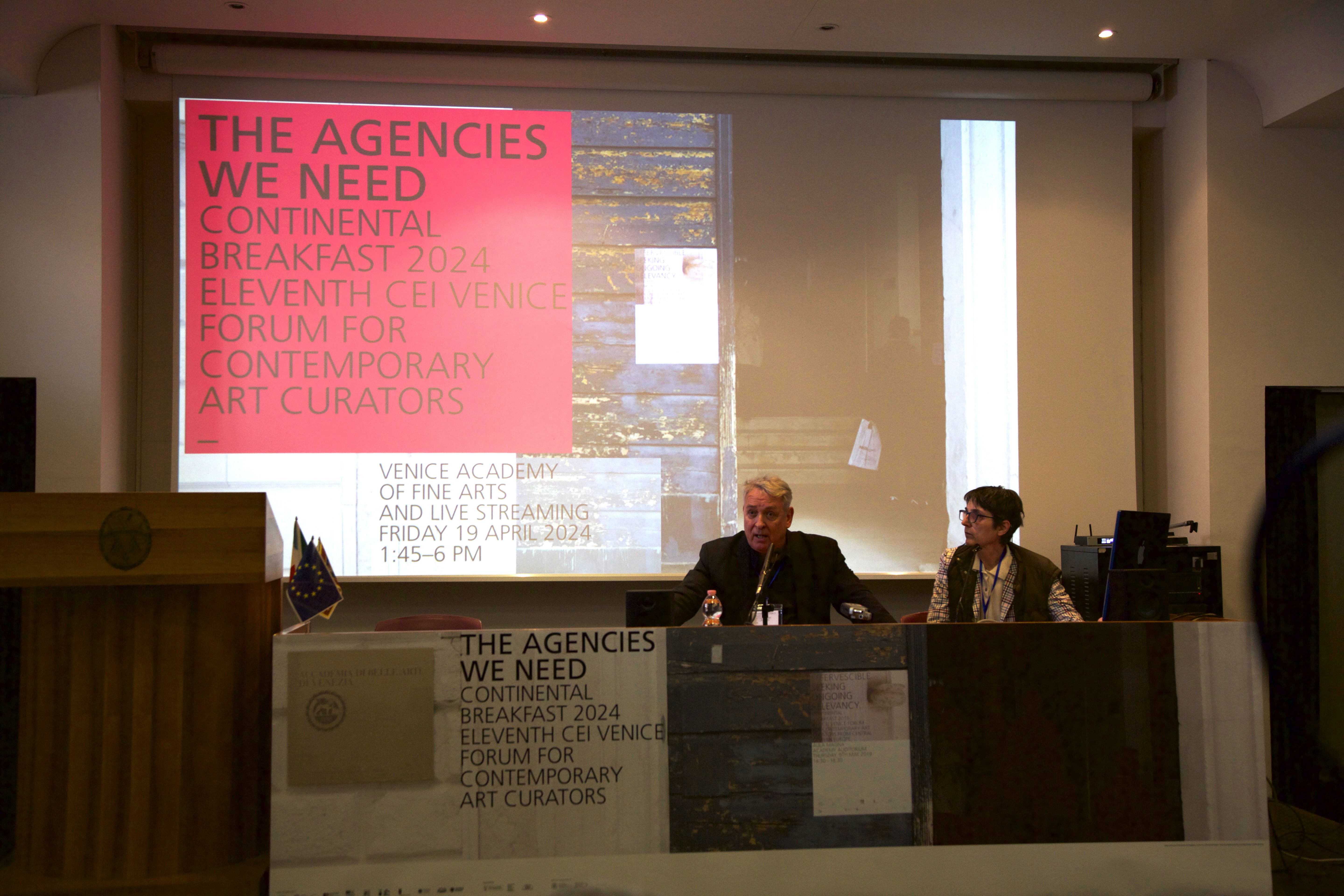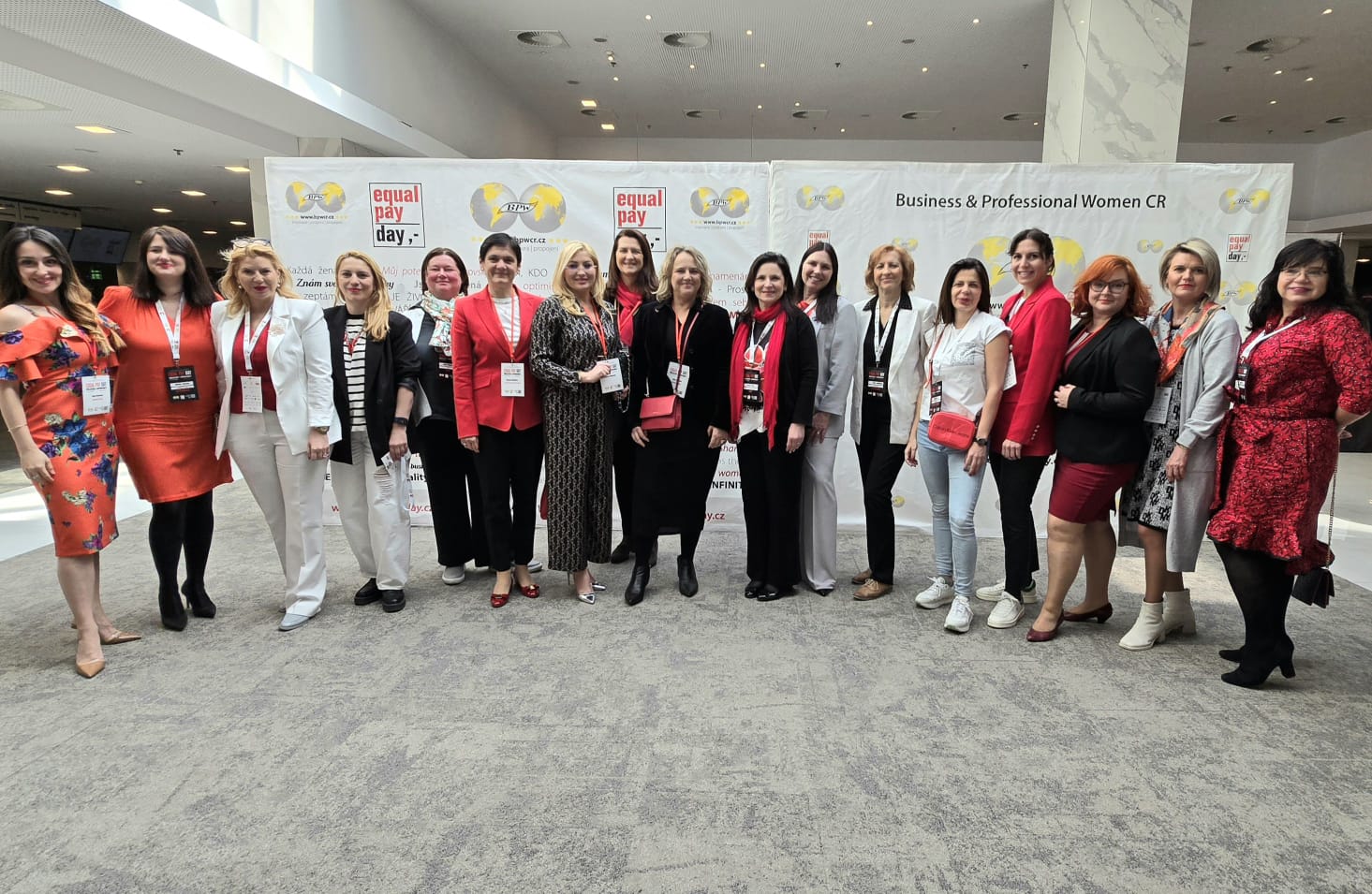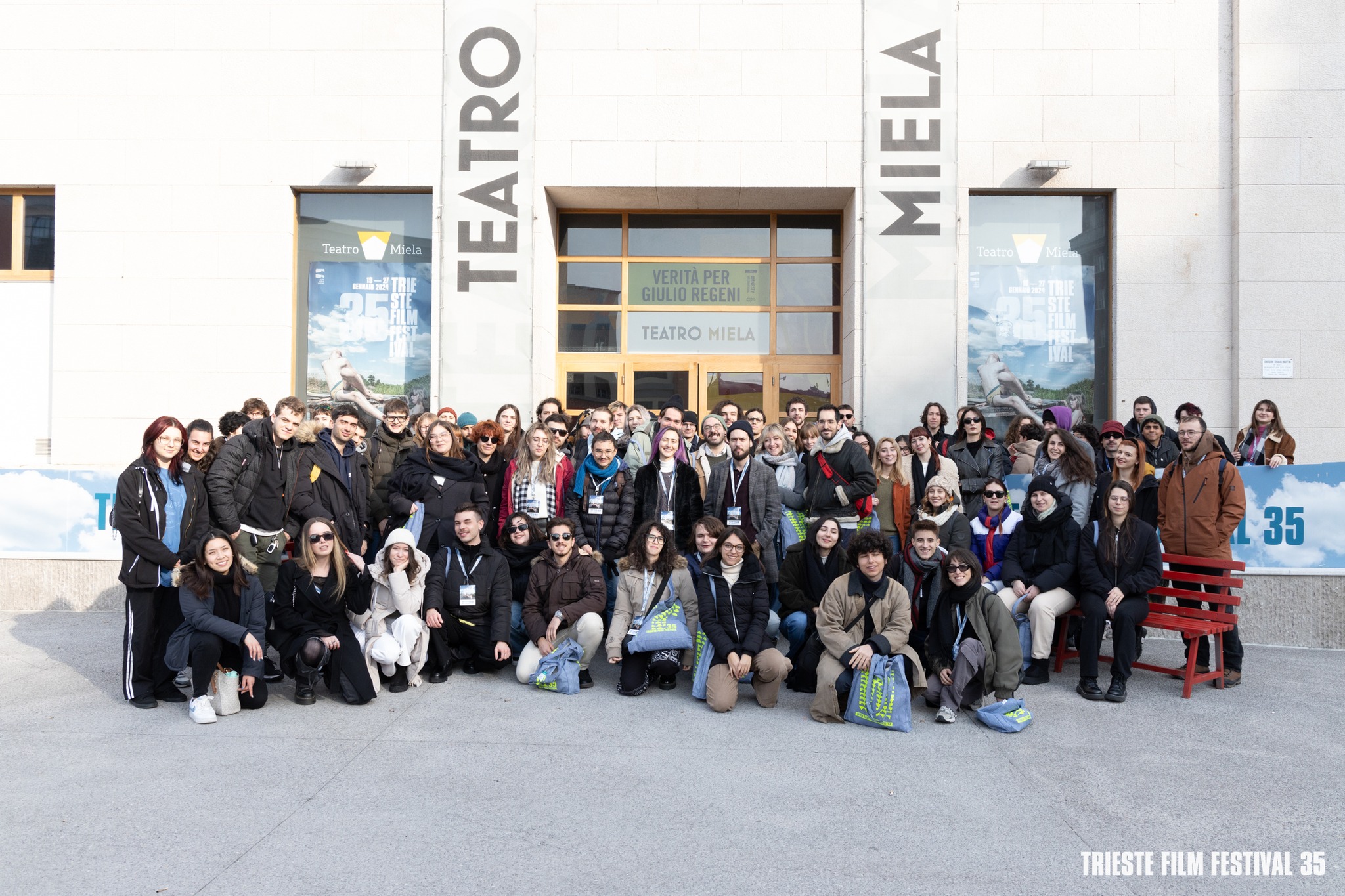Representatives of OSCE participating States in Central and Eastern European countries (CEEs) as well as international organisations attended a three-day workshop on contemporary trends in labour migration and gender in CEEs, held in Chisinau on 23 November.
The workshop contributed to enhancing the understanding and competencies of participants in incorporating tools and methods for mainstreaming gender aspects. This refers to planning and implementing schemes for the legal movement of migrant workers in line with the international standards and OSCE commitments in this area.
The event - organised by the Office of the Co-ordinator of OSCE Economic and Environmental Activities (OCEEA) in co-operation with the OSCE Office for Democratic Institutions and Human Rights (ODIHR), the OSCE Gender Section, the International Labour Organization (ILO), and the International Organization for Migration (IOM) - is an integral part of the OCEEA’s engagement in promoting effective legal channels for the movement of migrant workers.
The workshop was supported by the CEI through its Cooperation Fund (Extraordinary Call covering migration) as well as by the 2016 OSCE German Chairmanship and the Government of Ireland.
Photo by: OSCE/Tatiana Varacheva
The workshop contributed to enhancing the understanding and competencies of participants in incorporating tools and methods for mainstreaming gender aspects. This refers to planning and implementing schemes for the legal movement of migrant workers in line with the international standards and OSCE commitments in this area.
The event - organised by the Office of the Co-ordinator of OSCE Economic and Environmental Activities (OCEEA) in co-operation with the OSCE Office for Democratic Institutions and Human Rights (ODIHR), the OSCE Gender Section, the International Labour Organization (ILO), and the International Organization for Migration (IOM) - is an integral part of the OCEEA’s engagement in promoting effective legal channels for the movement of migrant workers.
The workshop was supported by the CEI through its Cooperation Fund (Extraordinary Call covering migration) as well as by the 2016 OSCE German Chairmanship and the Government of Ireland.

Photo by: OSCE/Tatiana Varacheva

